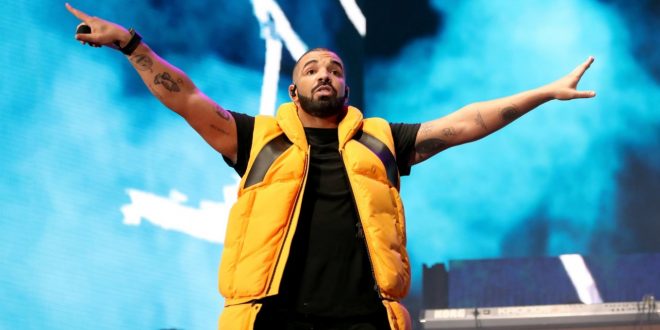Drake and The Weeknd’s “Heart on My Sleeve” has over 250,000 Spotify streams and 10 million TikTok views. However, “Ghostwriter,” an AI-generated artist, wrote the song.
Drake recently commented on AI-generated music that steals his voice, but The Weeknd and Drake have not responded to the song. Drake remarked on his Instagram story, “This is the final straw AI,” after seeing an AI replica of himself singing Ice Spice’s “Munch.” It’s conceivable he was joking, but he wouldn’t be the first prominent musician to complain about deepfake tracks.
In 2020, Jay-Z’s agency Roc Nation filed copyright strikes against YouTube uploads of AI-generated Jay-Z deepfakes, but YouTube reinstated them. Eminem’s copyright strike on AI-generated YouTube videos of him rapping about cats came last week from UMG, which represents both musicians.
Ghostwriter and Spotify did not immediately react to inquiries.
Generative AI isn’t covered under copyright law. The legal code allows transformative parody. The definition of “transformative” work is subjective, and there is little case law to create precedent since many of these instances have settled before reaching a judge.
UMG has taken steps to stop AI-generated music that steals its artists’ work. UMG asked streaming platforms like Spotify to restrict AI businesses from using its music to train their models, according to the Financial Times.
A UMG representative said, “We have a moral and commercial responsibility to our artists to work to prevent the unauthorized use of their music and to stop platforms from ingesting content that violates artists and other creators.” “AI-generated music begs the question as to which side of history all stakeholders in the music ecosystem want to be on: the side of artists, fans and human creative expression, or on the side of deep fakes, fraud and denying artists their due compensation,” the spokesperson stated.
It’s hard to eliminate artistic work from a dataset. Spawning AI was founded by Mat Dryhurst and Holly Herndon to give artists power. “Have I Been Trained” lets people search for their artwork and check if it’s been included in an AI training set without their knowledge.
Removing intellectual property from AI models can be like finding a needle in a haystack. When Stable Diffusion began in September, Greg Rutkowski, a living illustrator who has created rich, high fantasy graphics for “Dungeons & Dragons,” was one of its most popular search queries. Rutkowski never consented to his artwork being used to train the algorithm, and if the floodgates open, it may be too late for him to restore control over his work.
Ghostwriter’s false Drake and The Weeknd song is still on Spotify, but it may be removed soon.
 Tech Gadget Central Latest Tech News and Reviews
Tech Gadget Central Latest Tech News and Reviews




